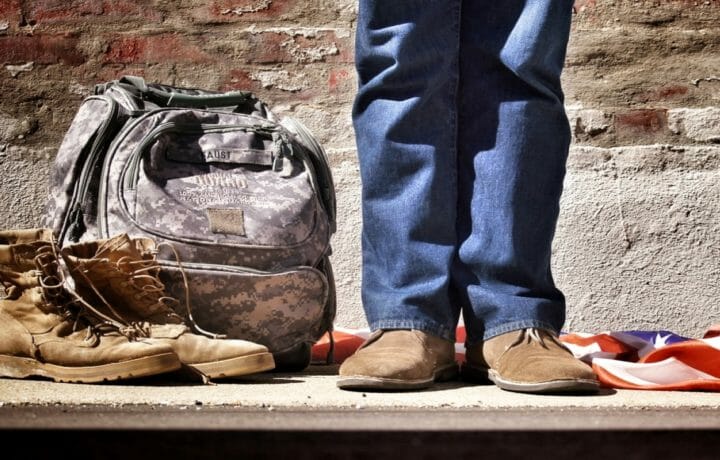Entering the civilian workplace after serving in the military can be one of the more challenging times in your life. But rest assured, you have work skills that are in high demand by employers. This gives you a significant advantage over your non-military counterparts that do not possess these skills.
Soft Skills
Soft skills are not taught in a college; they must be acquired through experience – something not many newly graduated college students have yet … and certainly not acquired under austere conditions.
In this part, we finish up talking about:
- Integrity
- Planning
- Problem-Solving
- Technical
Integrity
Overlooked by many as not being important, it is a skill sought by employers when they can find it…and they know they can find it in veterans. Having integrity is more than being trustworthy, honest and hard-working. It means showing up on time, doing what you are asked to do and if you say you’ll do something, you do it.
And if you had a security clearance while you served, it is further evidence that you are outside the norm of applicants and you should be looked upon favorably to fill an open position. Having had a security clearance (or currently having one that is still valid) is hard to find in the civilian populace looking for jobs. Having had one gives you a leg up when it comes to hiring because not only will it save the employer money trying to get you an initial clearance, but most likely it will get you on the job sooner if you have had one in the past.
Planning
Veterans are used to planning to the Nth degree. Almost everything you did was planned out in one form or another and to varying degrees of complexity depending on the mission at the time. From writing Operation Orders and FRAGOs at the command level to executing them at the platoon/squad level, every level involved had to plan out how they were going to do their part of the mission. Where civilians not experienced at this will falter when the plan doesn’t go as expected, veterans just bring out their Plan B and continue with the mission.
Problem-Solving
This soft skill ties in with the one above – planning. By using the Military Decision-Making Process, different courses of action are explored and the best one selected. This systematic method of planning does not happen much in the civilian world and consequently is hard to find, but then not many things done there have life or death outcomes either.
Technical
Most recently transitioned military members and many veterans possess technical skills at some level. Much of today’s military equipment is technical in one form or another. Much of it uses off-the-shelf computer hardware paired with specialized software, so we must know how to not only operate the equipment using this technology, but also maintain and troubleshoot it to a certain degree. Having technical skills is just one more tool in your toolbox that you can highlight when writing your resume.
Veterans have many other soft skills in addition to the ones highlighted in these articles. The trick is highlighting these skills on a resume and vocalizing during interviews how you used those skills in situations while you were serving. You are a much more valuable asset to an employer then you may realize!




